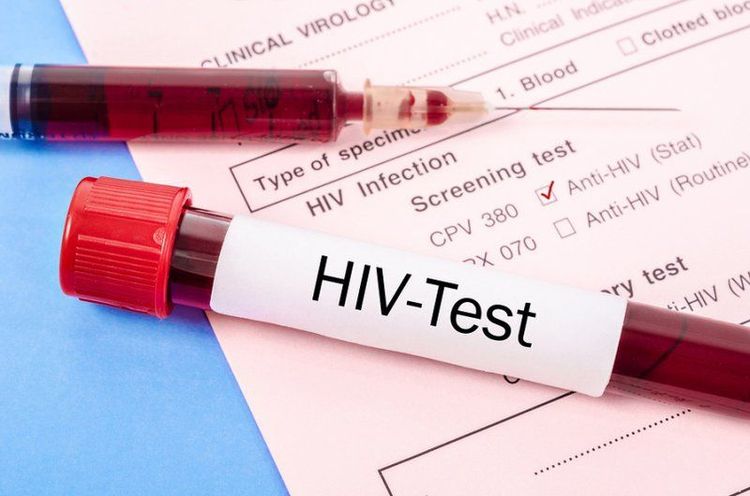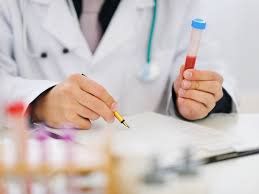This is an automatically translated article.
The article was professionally consulted with MSc Do Thi Hoang Ha - Doctor of Biochemistry, Laboratory Department - Vinmec Hai Phong International General Hospital.What tests do women aged 13-18 need to pay attention to in order to detect and prevent timely adverse effects on health?
1. Testing for Chlamydia and Gonorrhea
Chlamydia is one of the common diseases in humans, mainly sexually transmitted, is one of the main causes of genital infections, cervicitis, urethral, anal and other diseases of the genitals. eyes, throat. Chlamydia can be easily cured, but if not treated promptly in women, it will make it difficult for patients to have children.Gonorrhea, also known as gonorrhea, is one of the leading sexually transmitted diseases in the world, especially among adolescents aged 15-24 years. Gonorrhea is caused by a bacteria called "Neisseria gonorrhoeae", which can be transmitted from person to person, both male and female, through the genitals, mouth, and anus.
Factors that increase the risk of Chlamydia and gonorrhea Not using protection during sex Having multiple sex partners Having a history of other sexually transmitted infections Chlamydia and gonorrhea testing When infected with Chlamydia and gonorrhea, the patient should go to the doctor and do tests to determine the severity and complications of the disease.
The test is done by taking a urine sample or taking fluids from areas such as the vagina, throat, mouth, rectum, or the area around the cervix.
If taking a urine sample for testing, you should hold your urine for 2 hours before the test, do not wipe the genital area before urinating, and collect the first stream of urine immediately after urinating. In the case of a cervical smear, do not douche, or put a pill or gel on the cervix for 24 hours before the test. There are also more specialized tests for Chlamydia such as nucleic acid amplification test (NAAT) on urine samples, direct fluorescent antibody test (DFA) for detecting Chlamydia antigens. With gonorrhea, in addition to staining samples from damaged organs, the Polymerase Chain Reaction (PCR) test can also be performed to detect gonorrhea more accurately.

2. Who needs HIV testing?
HIV testing is one of the most important tests in healthcare. Women aged 13-64 should be tested for HIV at least once in their life. HIV testing is also recommended for women who are pregnant or are planning to become pregnant2.1. Why is HIV testing necessary? Without an HIV test, a patient may not know if he or she is infected with HIV until there are specific clinical manifestations of the disease or deterioration in health. The only way to detect HIV infection accurately and only is to conduct an HIV test at reputable medical facilities. Knowing your HIV status is very important for your health as well as for the protection of the health of others because HIV can spread to the community while the patient is not aware that he or she has the disease to take steps infection prevention measures. Early diagnosis and treatment with antiretroviral (ARV) drugs can keep people with HIV healthy for a long time and can reduce the chance of passing the virus on to others.
If you are pregnant and have HIV, the virus can be passed to your unborn baby. Treatment during pregnancy and treatment of the baby after birth can greatly reduce the baby's chance of getting HIV. Treatment during pregnancy can also help you stay healthy.
Factors that can increase your risk of getting HIV Have been diagnosed with sexually transmitted infections (STIs) People with tuberculosis, people who inject or have a partner who injects drugs Have many friends sex Having a sexual partner who is HIV positive or at high risk for HIV 2.2 HIV testing

Retesting is recommended every year if you have done any of the following since your last HIV test:
Injecting illegal drugs Having a sex partner who injects drugs or is infected HIV Having multiple sex partners Test results confirmation will take some time depending on the licensed medical facility. If the test results confirm positive, you have HIV.
Please dial HOTLINE for more information or register for an appointment HERE. Download MyVinmec app to make appointments faster and to manage your bookings easily.
The article references the source: Acog.org.













